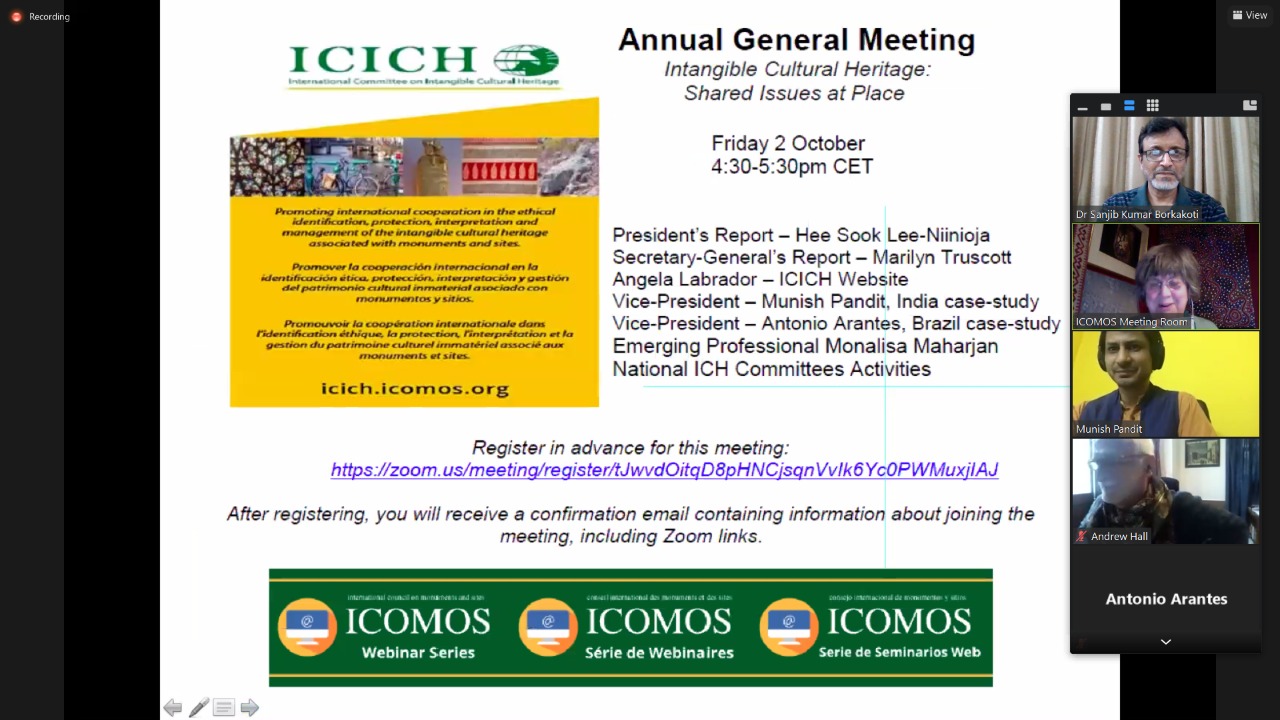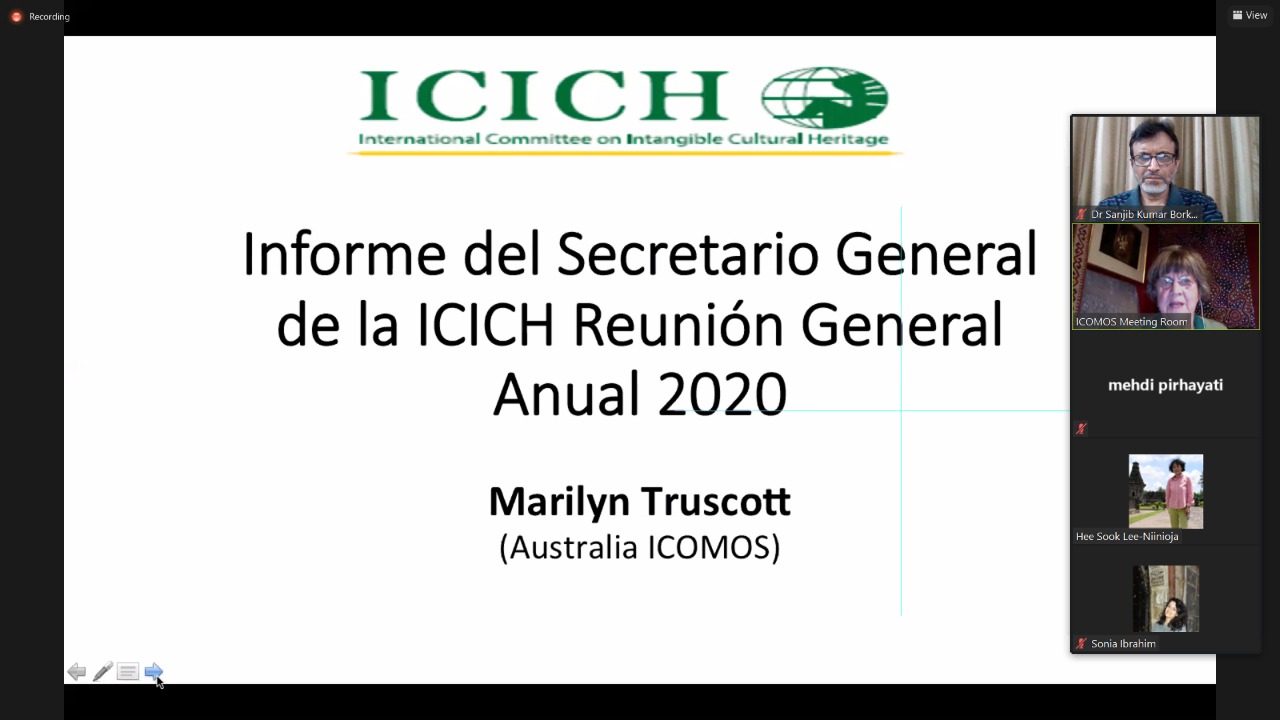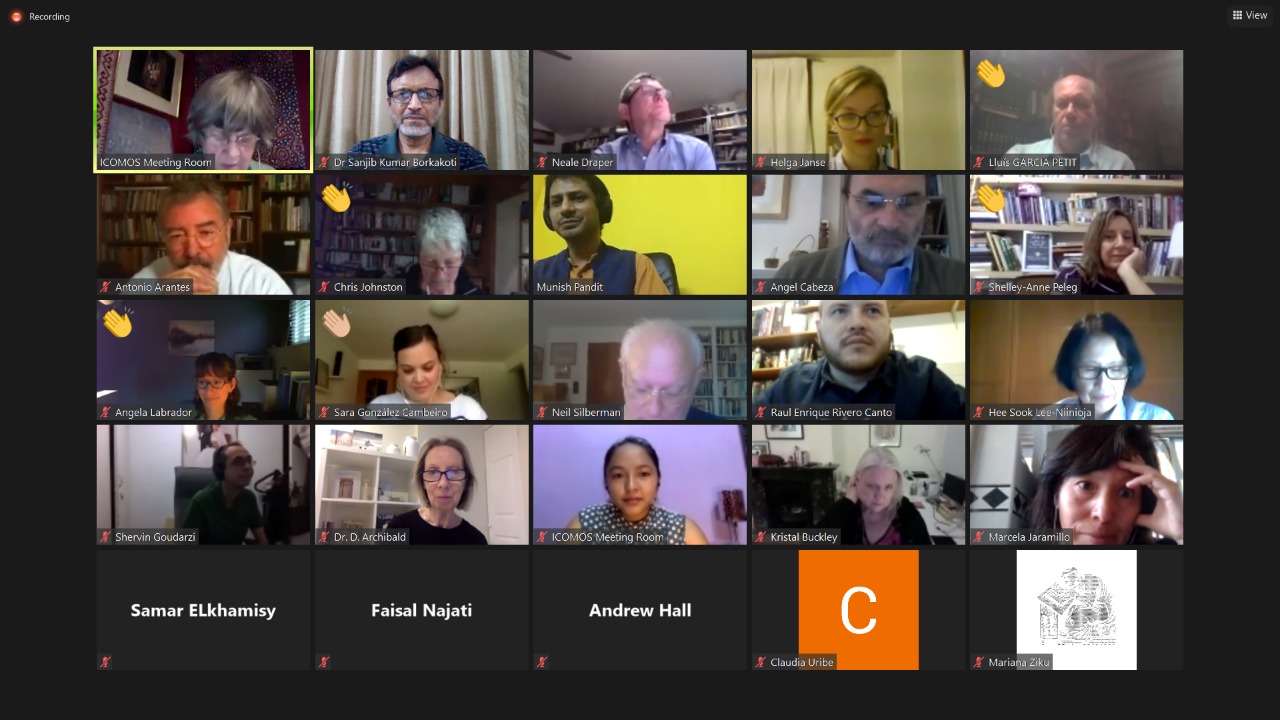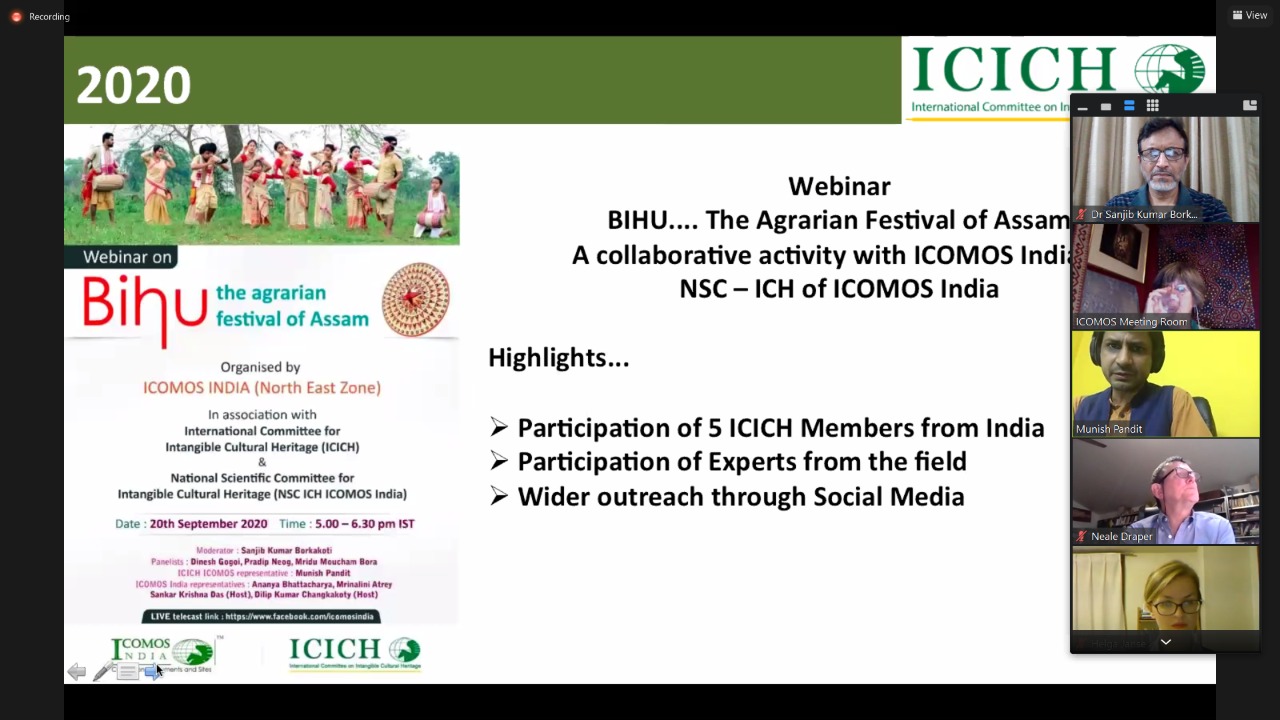Reflexiones sobre la aplicación de las convenciones y cartas sobre el patrimonio cultural en américa latina
» El patrimonio natural y cultural de América tiene una particular significación a nivel mundial. Es el ultimo continente en ser poblado por la Humanidad; durante siglos estuvo alejado de la influencia del resto del mundo hasta que la conquista y colonización europea alteró radicalmente su entorno natural y cultural que por miles de años logró mantener.
Tradicionalmente se nos divide en dos grandes áreas culturales y económicas: los Estados Unidos y Canadá, por una parte, y América Latina, y el Caribe por la otra. En realidad, tanto ayer como hoy las fronteras de tales divisiones son difusas y están en constante proceso de transformación;
las migraciones siguen igual de activas y los fundamentos culturales indígenas, coloniales y modernos están presentes y en contradicción junto a desarrollos desiguales, democracias inestables y el anhelo de construir un mundo más libre y mejor para todos … »
America’s natural and cultural heritage has a special significance worldwide. It was the last continent that was populated by Humanity and for thousands of years it was far from the influences of the rest of the world until the European conquest and colonization radically altered its natural and cultural environment that it had held on to for thousands of years.
We are split, traditionally, into two large cultural and economic areas: the United States and Canada on the one hand and Latin America and the Caribbean on the other. As a matter of fact, both before and now, the borders of such a division are hazy and in constant flux; migrations continue as active as ever and the indigenous, colonial and modern fundaments are still present, contradicting unequal development, shaky democracies and an overwhelming desire to build a freer and better world for all. It is in this context that cultural heritage in Latin America and the Caribbean is undergoing a special process, littler studied and analyzed in its context….






